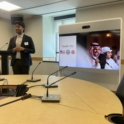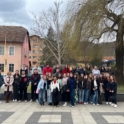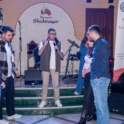Abdulaziz reflects on the highlights from serving as a mentor for CEW.
STORIES
YES Alumni Grant: Pad Up Girls
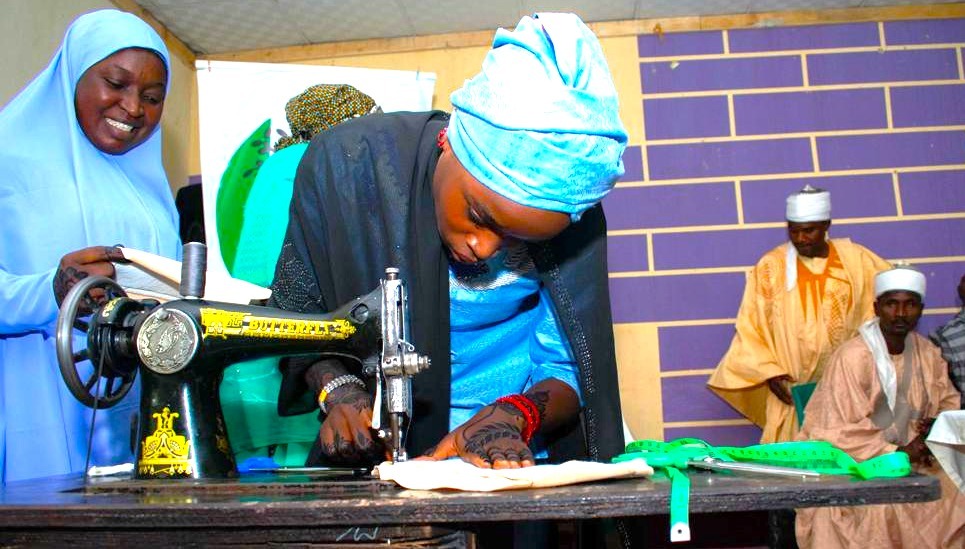
By Abdullateef Abdullateef (YES 2016-2017, Nigeria, placed by AFS in San Antonio, TX)
As a YES alumnus whose transformative year in the U.S. fueled my commitment to giving back, I recently spearheaded the Pad Up Girls project to address the issue of period poverty and promote menstrual hygiene management in a community where educating girls about menstrual health is a challenge.
I held my project in Rigasa, a community facing significant challenges with inadequate sanitary resources. The lack of menstrual education and access to sanitary products not only poses immediate health concerns; it also reflects broader socio-economic disparities. In response to this pressing need, I applied for a YES Alumni Grant with the goal of empowering women in Rigasa with their fundamental right to dignified health.
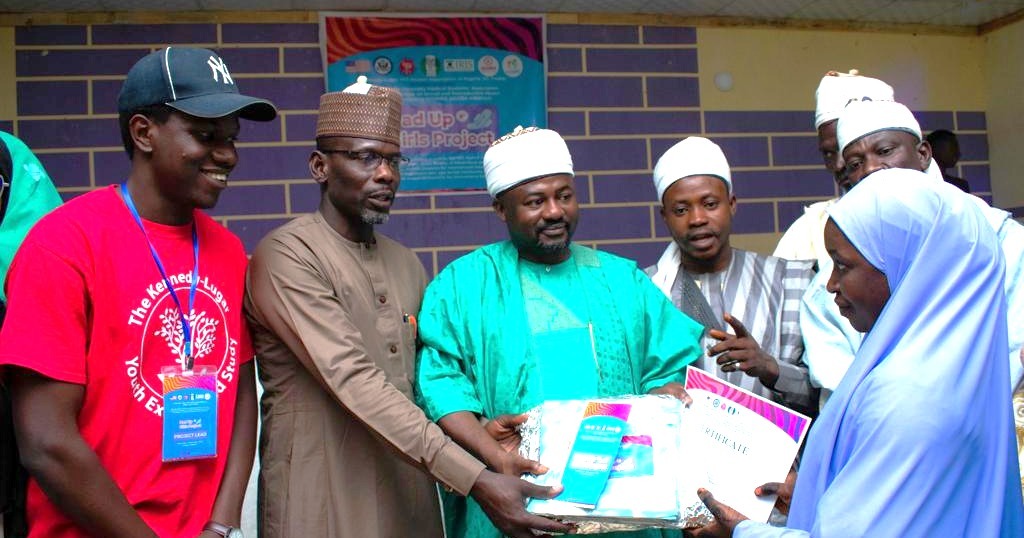
Over the course of eight weeks, 52 young women, ages 14 to 32, were trained on how to make reusable sanitary pads and learned about menstrual hygiene through workshop sessions with experienced trainers. Media coverage, including a well-received radio broadcast on Liberty Radio, amplified the project's impact, turning the community training center into a recognized hub of empowerment.
The impact of this project radiated far beyond our 52 participants. We estimate over 250 additional young women benefited from the knowledge shared by the project participants as each agreed to train at least five others. In addition, the project concluded with a community training session on menstrual hygiene attended by 125 male and female community leaders and volunteers.
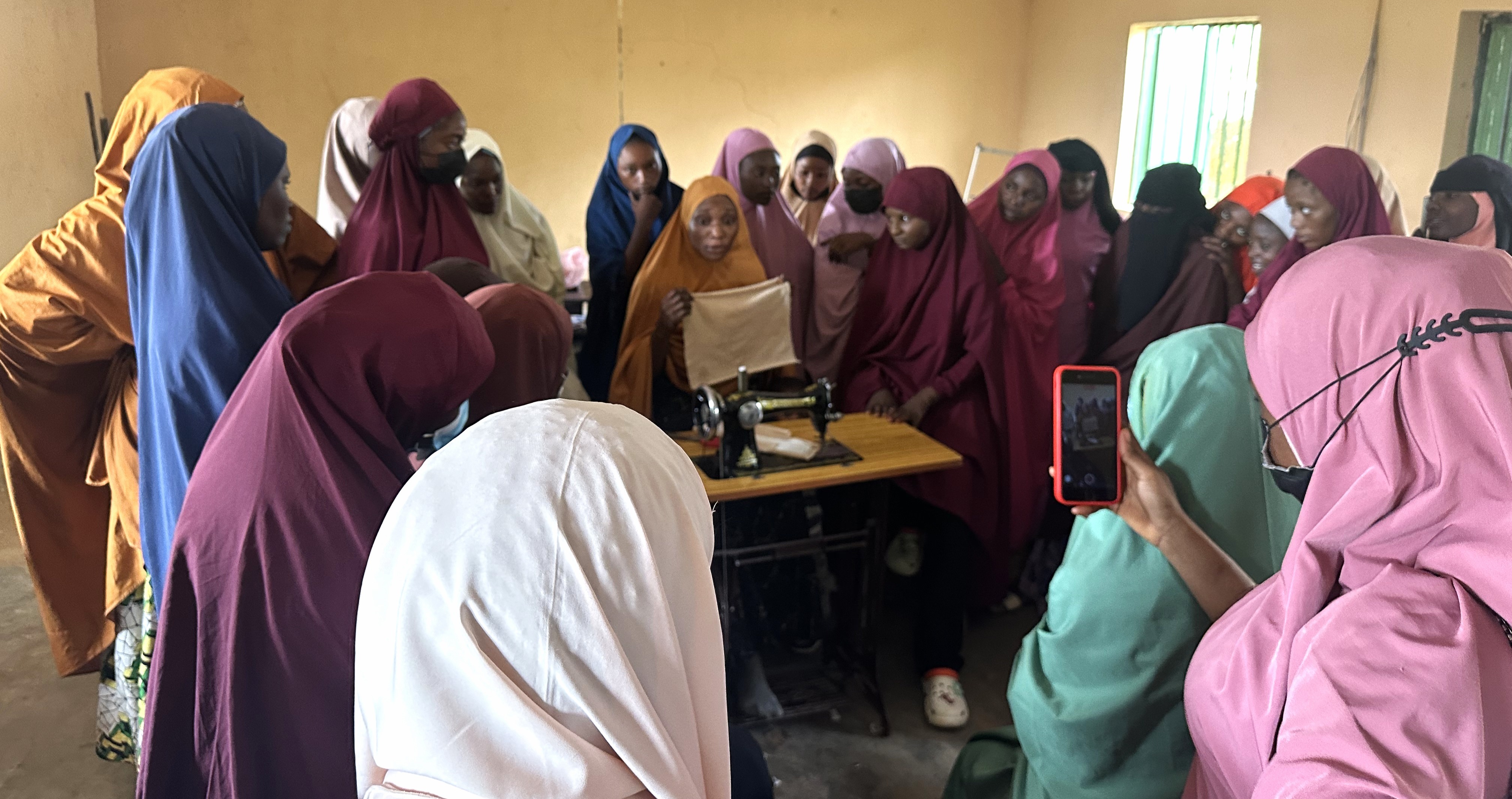
Community leaders acknowledged the project's positive impact on sexual and reproductive health and the success stories extended beyond numbers, capturing the tangible change in attitudes and practices towards menstrual health in Rigasa. The project was not just about pads; it was about creating informed, empowered advocates for menstrual health.
The YES program's support, coupled with the dedication of my alumni teammates and community volunteers, made this project a success. The collaborative effort fostered a sense of pride and accomplishment, demonstrating the strength of community bonds. It was not just about providing a service; it was about fostering a sense of community and shared responsibility.
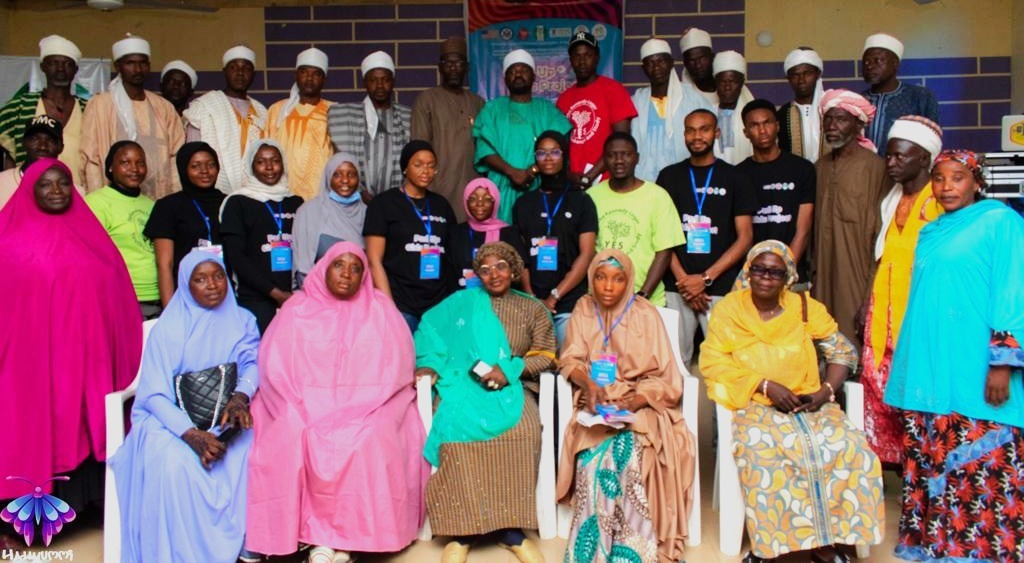
I express profound gratitude to the YES program, the U.S. Department of State’s Bureau of Educational and Cultural Affairs, and IRIS for their unwavering support. Special thanks to the leaders from the Rigasa community, my YES alumni teammates, volunteers, and all involved in making the project a reality. The project's success was a testament to the power of collaboration and the impact that a dedicated community can achieve.
In the spirit of sustainability, ongoing communication with beneficiaries and trainers continues. The project's success has opened avenues for potential future initiatives, fostering a community-driven approach to addressing pressing issues. Rigasa is not just a community with challenges. It is a community with resilience, strength, and a commitment to collective growth.


